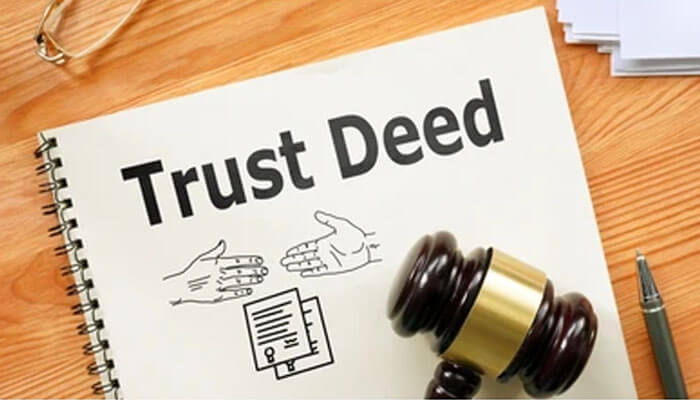Are you considering registering for a Trust Deed? Well, here is important information on what you should know about these deeds, and the way they could assist with your debt.
The Benefits Of A Trust Deed
When you sign up for a Trust Deed, there are a few benefits you will be able to enjoy:
1. Write Off Unsecured And Unaffordable Debts
Once your repayment period on a Trust Deed comes to an end, if you have any unsecured and outstanding debts in your agreement, these will be written off completely. Any other unsecured debt which doesn’t form a part of your trust document will remain outstanding along with any secured debt you may have accrued.
2. Affordable Payments
When you have an ongoing Trust Deed in place, all your living costs and bills will always be regarded as the first priority. You will only be paying what you are able to afford towards your outstanding unsecured debts after you have paid your bills every month and any other living expenses. It is important to know that most lenders will require that you pay the highest amount you are able to afford. For this reason, you may need to reduce a few of your costs.
3. Avoid Demands From Your Lenders
Trust Deeds are legally binding agreements. This is why your lenders won’t be able to take further action once you have a Trust Deed set up. If a minimum of 50% of your lenders (and a minimum of a third of your debt) agree to 50% of the agreement’s terms, the contract is binding. It is important to be aware that it is not guaranteed that your lenders will be willing to accept these terms. However, if you fail to adhere to the terms set out in the trust agreement, you put yourself at risk of having to file for bankruptcy.
How Do Trust Deeds Work?
If the amount of your unaffordable debt is at least £5,000, you may want to give thought to registering. This can help you to lower the total amount you will be paying towards your unsecured debt each month to a more affordable amount. If after your repayment period (typically 4 years) you still have a few unsecured debts, you are unable to afford, these will be written off completely. During your repayment period with a Trust Dept, you will be protected legally from further action that your lenders might take, but you are required to stick with the required payments.
If you own a home, you will need to release any equity from the property after you have signed up for a Trust Deed. If this is not possible (especially due to the impact on your credit score due to the deed of trust) you will be permitted to make extra repayments which will amount to the total equity.
Is A Trust Deed The Right Option For Me?
If you believe that it is impossible to pay back your debts within a timeframe that is reasonable, then a Trust Deed could be a good option for your circumstances. Speak to the experts at Carrington Dean for advice. Trust Deeds work in a far better way when you compare this to having to file for bankruptcy. To qualify for a Trust Deed, you must be able to afford to pay back everything that you owe. You will be required to commit to monthly payments for the period of the contract. You also need to be a Scottish resident to qualify for a trust agreement. Your details will also feature in the Register of Insolvencies.




